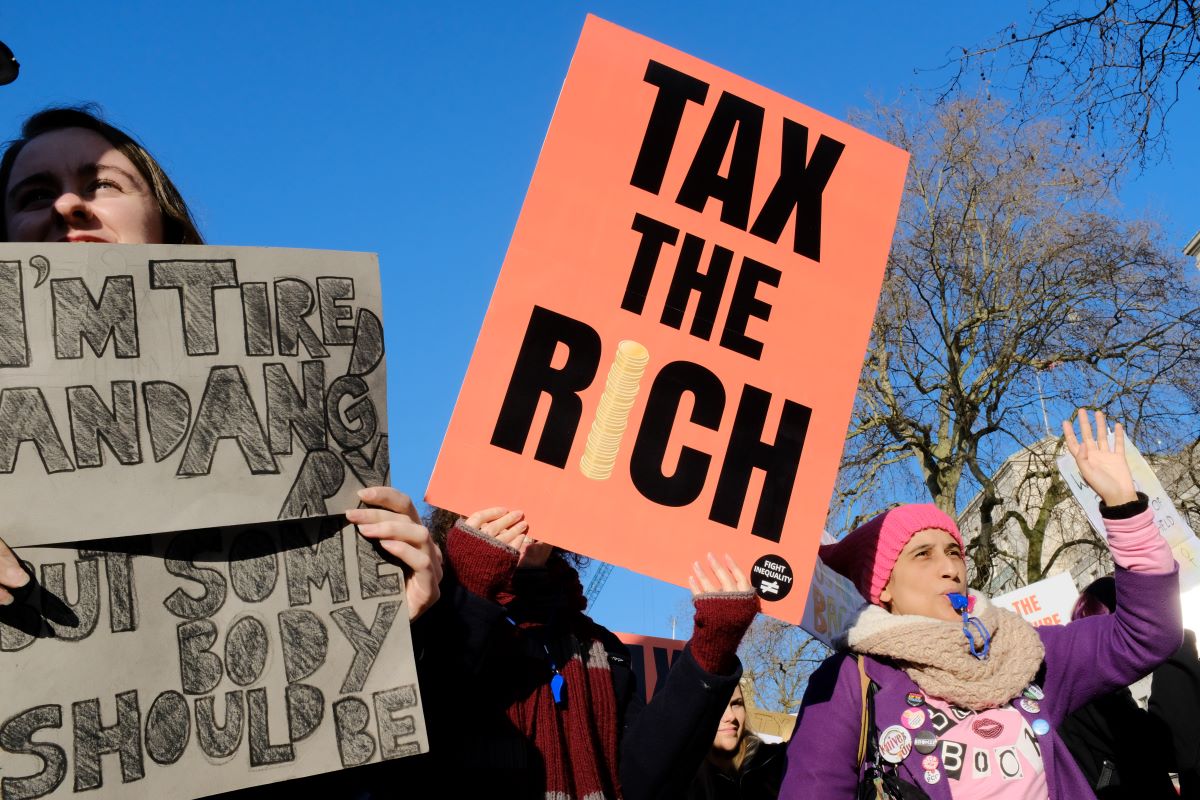A UK campaign group is calling for a global wealth tax that could raise trillions to fund the climate crisis—will the world’s richest be forced to pay their share? Here’s the full story.
£22 Billion Black Hole

A new report from the UK-based campaign group Tax Justice Network shows a potential cure for the much-vaunted £22 billion black hole the recently elected Labour government has claimed the Conservatives left them in the nation’s budget.
Wealth Tax Windfall
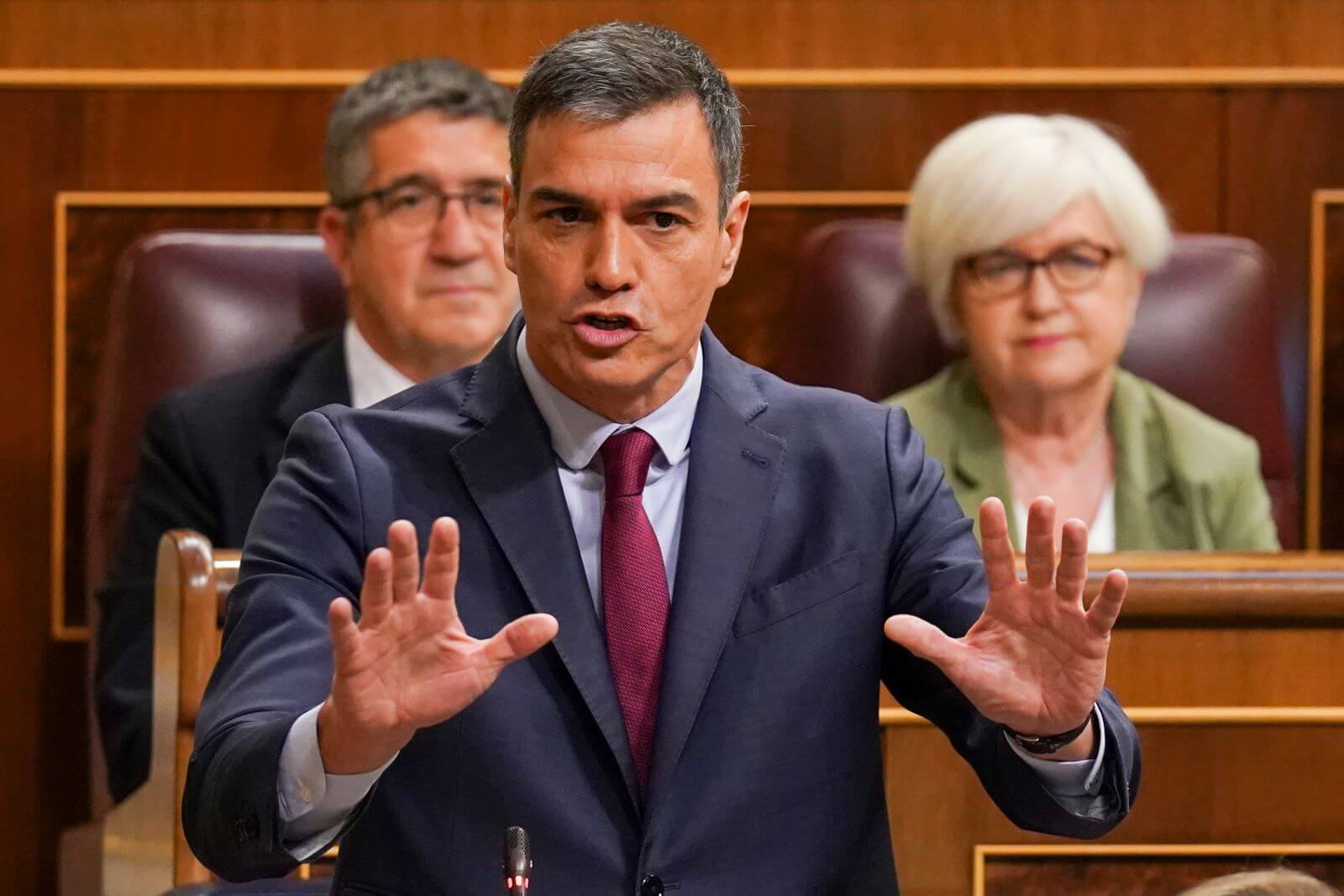
The Tax Justice Network report showed that if the UK followed the example of Spain’s “solidarity” wealth tax, introduced by socialist Prime Minister Pedro Sánchez, which targeted the top 0.5% of rich households in the country, it could raise an eye-watering £31 billion every year. This would be a significant financial windfall that could ensure a fairer society and help the nation meet its climate goals.
Spain’s Successful Example
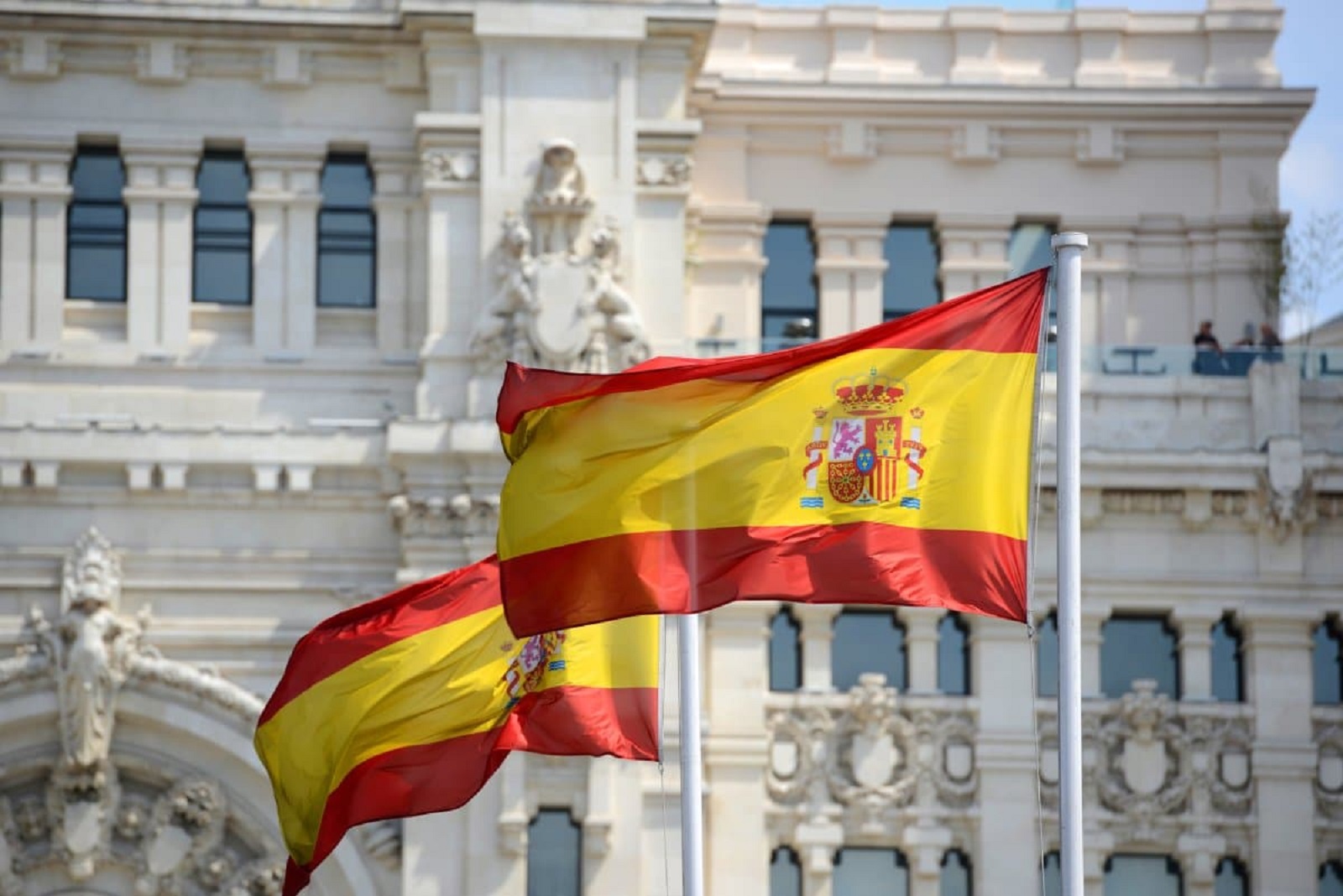
The policy has been an unqualified success in Spain. The tax, which levies a tax on net wealth exceeding €3 million (£2.6 million), remains popular with Spanish citizens. The government uses the money raised not only to address various socio-economic challenges facing the country but also to combat climate change.
Global Wealth Tax Potential

According to the report, if a similar wealth tax on the super-rich were implemented globally, the revenues generated could exceed an eye-watering £1.5 trillion annually. This “featherlight” tax, proposed by the Tax Justice Network, would target the wealthiest 0.5% of households worldwide, with proposed tax rates ranging from 1.7 to 3.5%.
Advocating Fairer Taxation

The Tax Justice Network, along with several other campaign groups, has long advocated for a fairer global tax system. They call on governments to take decisive action to ensure the ultra-wealthy pay their fair share of tax instead of shielding much of their wealth through tax avoidance or evasion.
Urgent Call for Action

Alison Schultz, a research fellow at the organisation, told the Guardian, “A minority of rich countries still seem to be holding back from support for a robust framework convention on tax – despite this being the best opportunity that we’ve ever had, and one that their own people demand they act on with urgency. This needs to change now – the climate can’t wait, and nor can the people of the world.”
Growing Inequality

The idea of a global wealth tax is gaining traction, and considering the numbers, it’s not difficult to see why. In 2023, the world’s richest 1 per cent, those with over $1 million, held 47.5 per cent of global wealth—about $214 trillion—while nearly 40 per cent of adults, with less than $10,000 each, owned less than 1 per cent, according to the UBS Global Wealth Report.
G20 Takes Notice
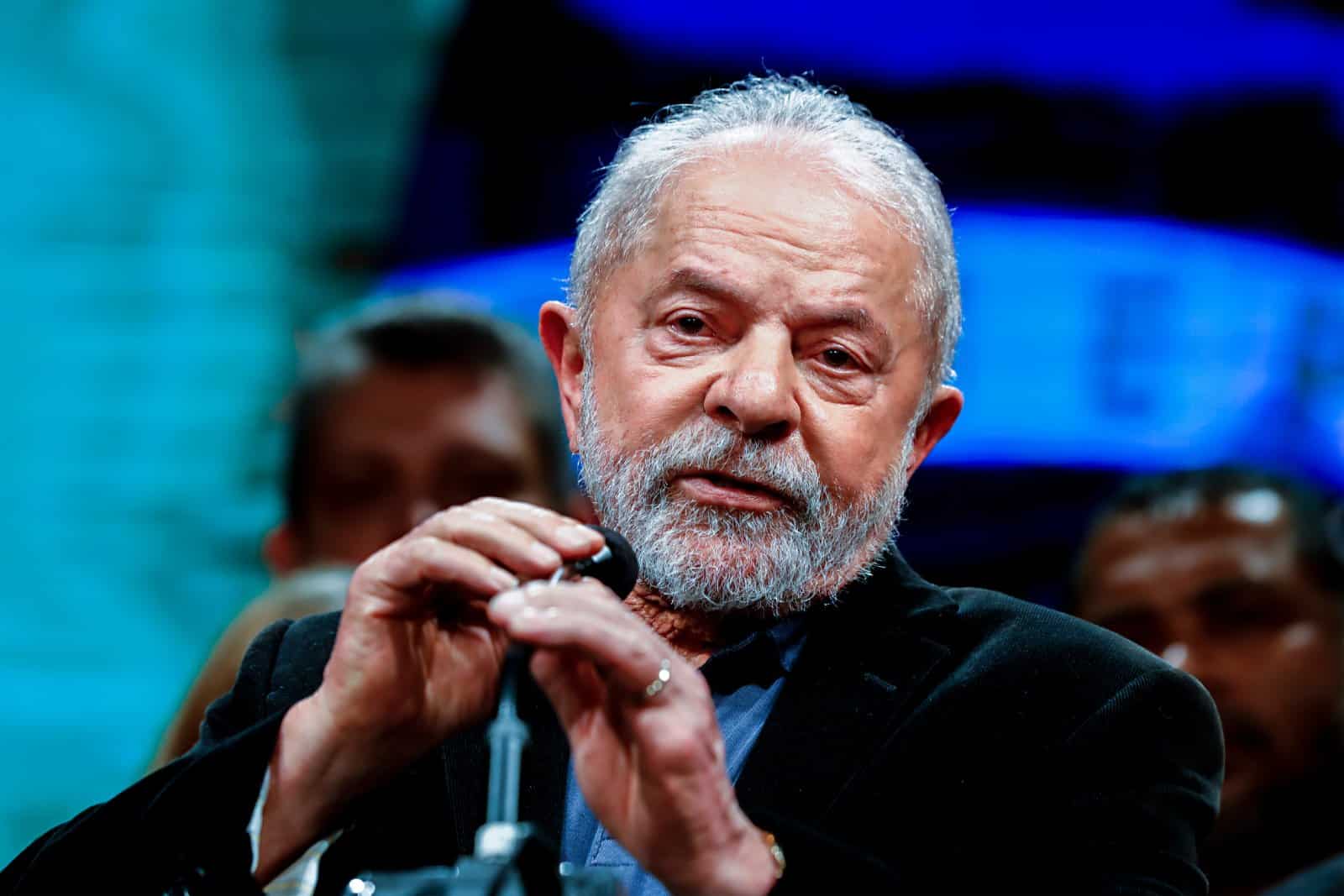
The G20, led by Brazilian President Luiz Inácio Lula da Silva, is exploring the possibility of implementing a global minimum tax on the world’s 3,000 billionaires.
Support From Major Nations
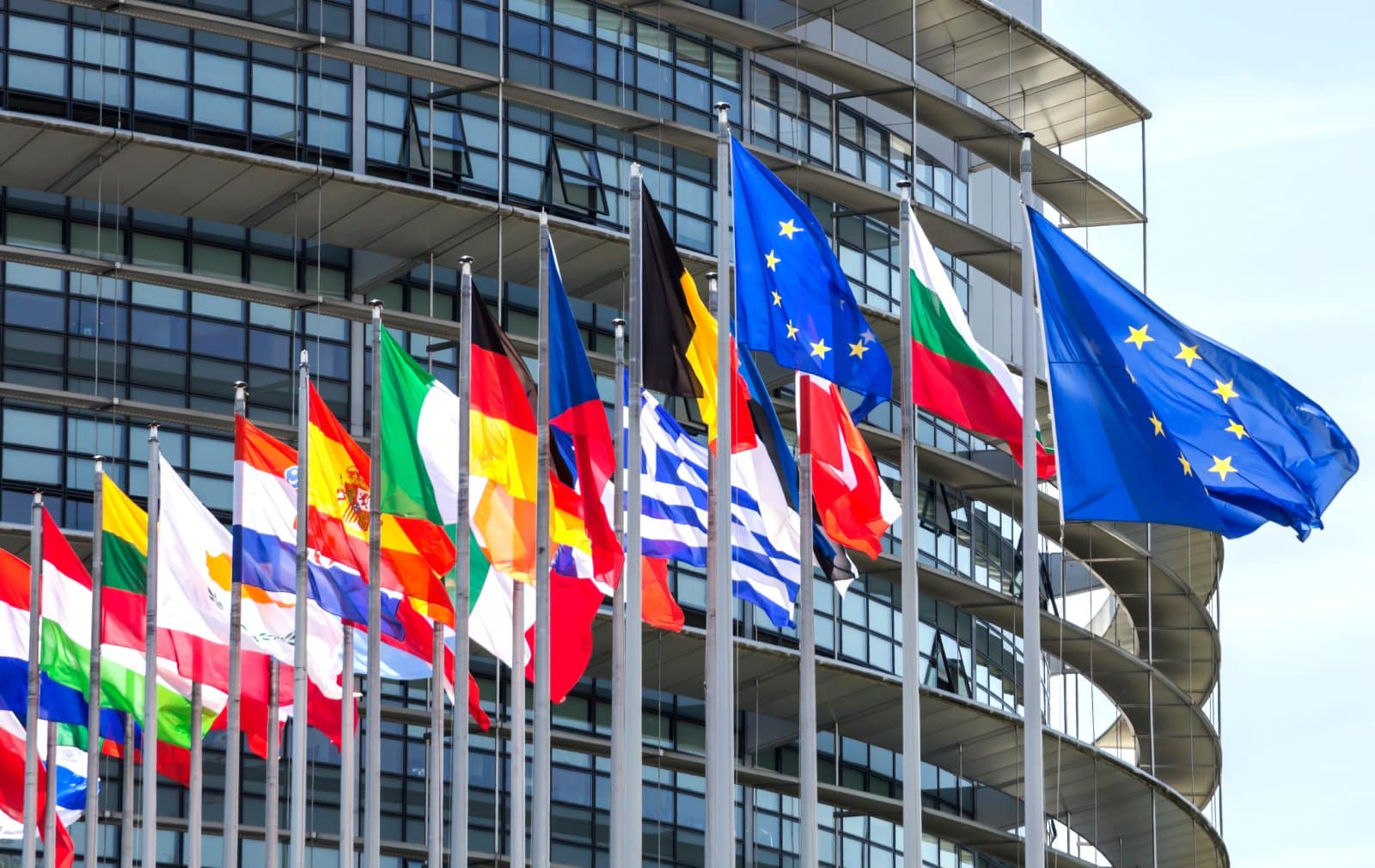
As a sign of how the conversation around wealth redistribution has changed over the last few years, this proposal, instead of being shouted down, has gained support from France, Germany, Spain, and South Africa.
Global Tax Challenges

However, it would be wise not to hold your breath waiting for a global wealth tax. Several countries with strong pro-business lobbies, such as the US, would likely oppose any measures to lessen inequality at every turn, arguing that the ultra-wealthy will move to countries that have not signed up for the wealth tax and take their money with them.
Fears Overstated

Luckily, evidence suggests that these fears may be overstated. Despite right-wing newspapers in the UK bemoaning any increase in taxes for wealthy individuals, such as, coincidentally, their billionaire owners, would lead to an exodus of high-net-worth individuals, the Tax Justice Network’s report points to studies from countries like Sweden, Norway, and Denmark, where similar tax reforms have been implemented without the super-rich fleeing to more tax-friendly jurisdictions.
Negligible Migration Impact

In these cases, only about 0.01% of the wealthiest households chose to relocate following tax reforms. Similarly, changes to the “non-dom” rules in the UK in 2017, which had previously allowed the super-wealthy who lived in the UK not to pay tax to the UK government on money earned abroad, resulted in a negligible migration rate of just 0.02%.
UK’s Non-Dom Reforms

The recent decision to abolish non-dom status is expected to raise more than £5 billion, with further discussions around increasing taxes on capital gains, inheritances, and pensions, with the final decisions announced in the Budget on October 30.
Broader Benefits of Wealth Taxes

The potential benefits of implementing wealth taxes extend beyond just raising revenue. Advocates argue that such taxes could help reduce economic inequality, promote social cohesion, address urgent global challenges such as poverty, healthcare, and education, and, as if that were not enough, help fund the transition to a low-carbon economy to save the planet from the impending climate catastrophe.
Resistance From the Rich

Though the idea of simply taxing the rich is undoubtedly gaining momentum, with Spain’s solidarity wealth tax serving as a compelling case for how such measures could be implemented, the resistance from powerful interest groups, the increasingly untouchable billionaire class and their lackeys in the media will likely be well coordinated and, most importantly, well funded.
Momentum Building

Despite this, with the potential rewards, in terms of revenue generation, social justice, and a greener economy, so overwhelmingly positive, it remains to be seen whether these forces will be able to defeat a simple idea that gains more traction every day.
Brace for Impact: The Tax Increase Labour Denied Has Arrived, Reeves Delivers a Grim Outlook
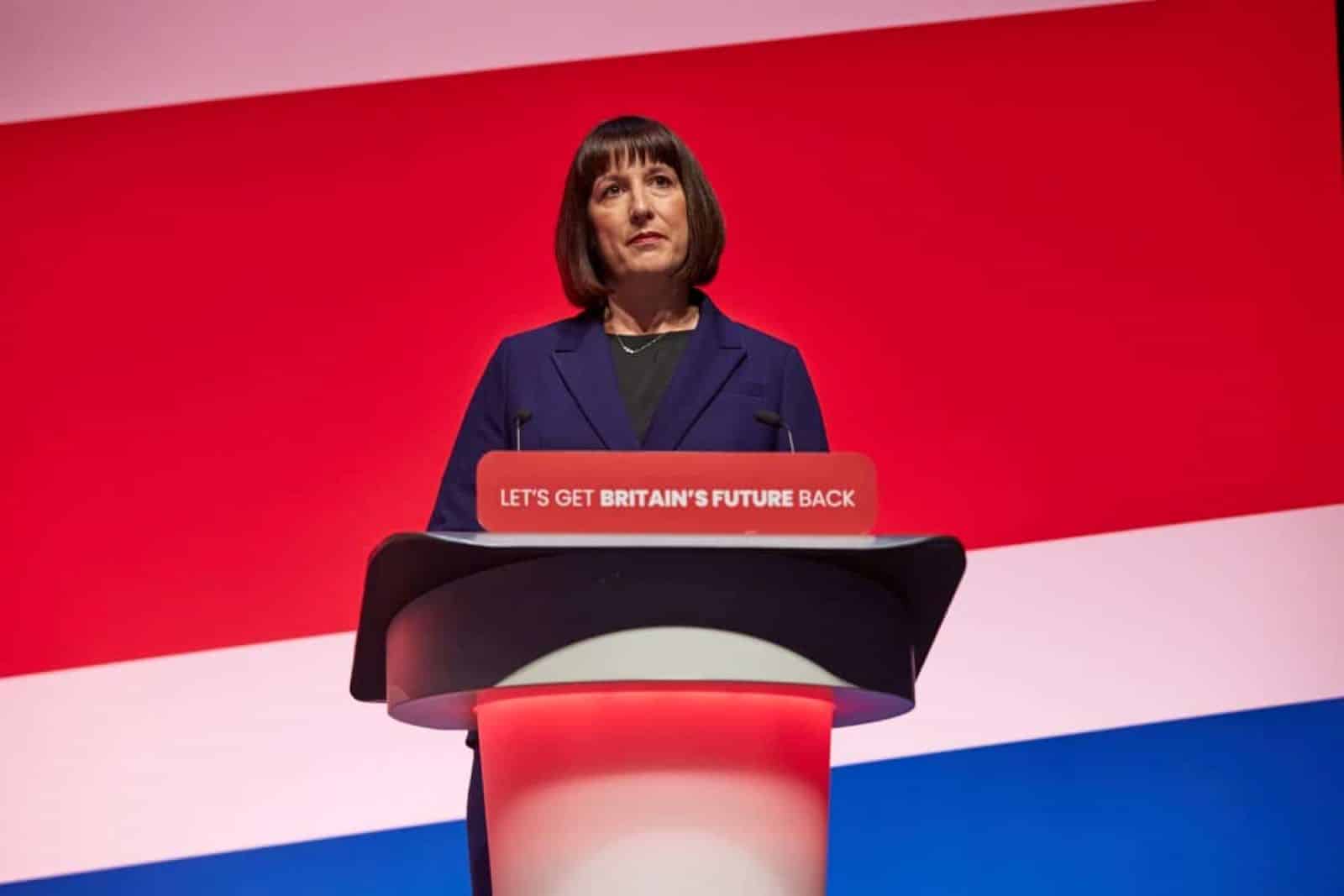
Rachel Reeves delivers the gloomy news, and citizens have to accept the inevitable. The tax increase might complicate finances for some households and businesses. Brace for Impact: The Tax Increase Labour Denied Has Arrived, Reeves Delivers a Grim Outlook
Russia Issues Ultimatum to UK Over Ukraine’s Use of British Arms
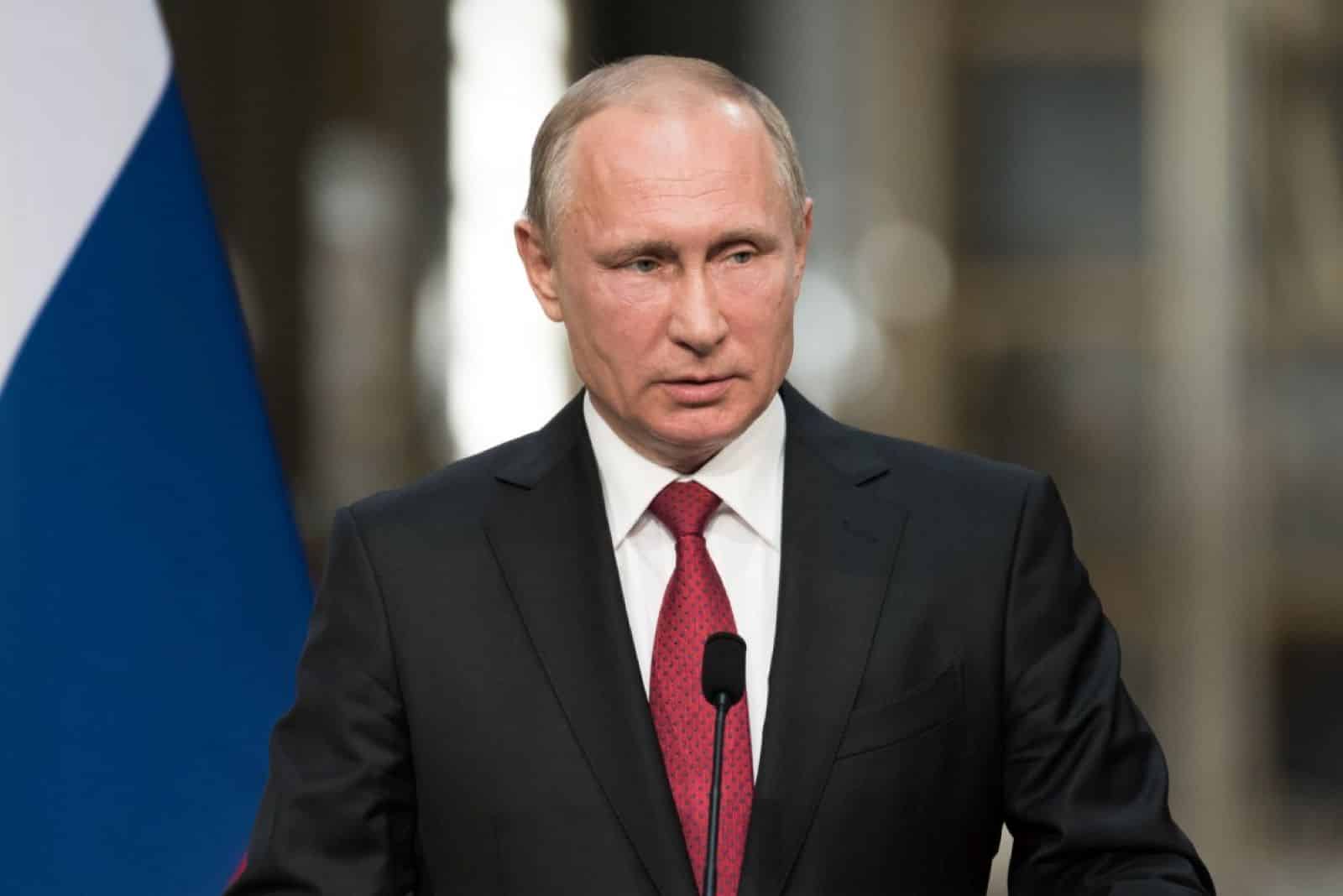
Russia has threatened to attack British targets if Ukraine uses UK-supplied weapons amid rising tensions and the recent arrest of a British man charged with spying for Russia. Here’s the full story. Russia Issues Ultimatum to UK Over Ukraine’s Use of British Arms
Tommy Robinson Sparks National Outrage With Far-Right ‘We Want Our Country Back’ Protest in London

Police had their work cut out at a recent protest led by Tommy Robinson in London. Full story. Tommy Robinson Sparks National Outrage With Far-Right ‘We Want Our Country Back’ Protest in London
Featured Image Credit: Shutterstock / BradleyStearn.
The images used are for illustrative purposes only and may not represent the actual people or places mentioned in the article.
Grant Gallacher is a seasoned writer with expertise in politics and impactful daily news. His work, deeply rooted in addressing issues that resonate with a wide audience, showcases an unwavering commitment to bringing forth the stories that matter. He is also known for satirical writing and stand up comedy.

